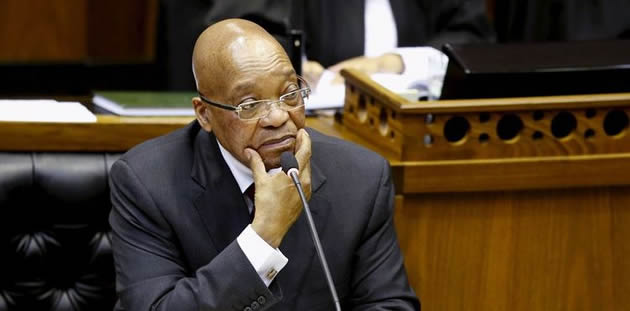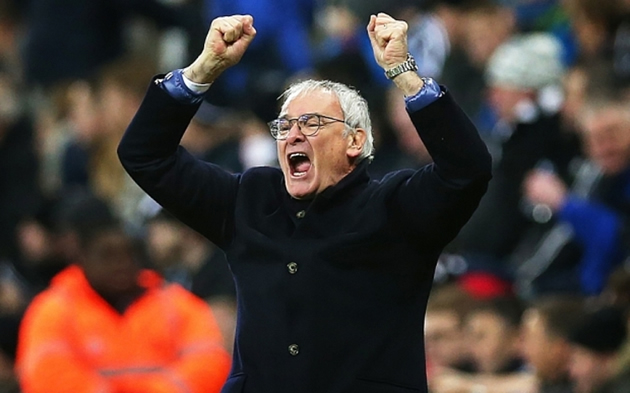RADAR: A game called Zuma Deluxe

Let us go down south a bit, to the country called South Africa. It is an interesting country: the rainbow nation, as Desmond Tutu called it. Otherwise it is an African country of great contrasts where the gap between the rich and poor is about the biggest in the world. Depending on where you get your statistics, it is said that South Africa is the most unequal society in the world – after Brazil, another emerging “second world” economy.
In fact, only a tiny minority happens to live in the island of this “Second World” amidst a Third World sea of poverty. And white people tend to be the citizens of this Second World, seasoned with a few black faces, while poor black people live in the Third World.
The case of South Africa is interesting, especially on the condition of black people – Africans. The erudite Professor Motsoko Pheko puts it in the simplest but disturbingly chilling terms.
He says: “In South Africa most unemployed people are Africans. The poorest people are Africans. People who live in squalid inhuman settlements are Africans. These inhuman shelters often burn or flood, destroying lives and property. The least equipped hospitals and clinics are those that serve Africans.
“The worst or no roads are where Africans live. The least educated and skilled people in South Africa are Africans. People who have no money for education and are being educated in the lowest numbers are Africans… People who have the shortest life expectancy are Africans. People with the highest child mortality are Africans….”
He attributes this to lack of access to land and the inherent problems that came with incomplete decolonisation.
Yet this is not the South Africa we imagine – or see on the best of TV as a multi-racial society.
This ugly side we are only shown when someone wants to tell us that somehow black people are to blame for their own condition.
And, too, that they lack civilization which is why they often resort to violence amongst themselves and against foreigners.
Irony
The one big irony is that for all their troubles, the people of South Africa keep voting for the ANC, the party of revolution.
Just last week they celebrated 22 years of “freedom”, as they would want to call it – a marker to the end of formal apartheid system.
At the last elections they recorded some 63 percent vote for the ANC.
They are not stupid, though some would like to cast them as such.
The memory of the brutal apartheid is no doubt still fresh and still tender is the hope that the black government will deliver the majority to the Promised Land.
It is bound to be a long walk.
But Africans are patient a lot, are we not?
Yet the subject of why the poor vote ANC is very pertinent and even academic in South Africa itself.
Columnist Malaika Wa Azania tries to debunk this seeming contradiction of the poor voting ANC.
She notes that some people have attributed this to the bad memories of apartheid, the racial and ideological composition of the main political players, namely the ANC and DA; lack of traction of the dogmatic/idealist movements and other factors.
“The reality of the situation is that none of the existing political organisations in our country inspire any confidence,” she concludes.
“Alternatives to the ANC are all regressive, if not in fact worse than the ANC itself . . . it’s not very difficult to understand why the poor choose to stick to an ANC that has, in spite of its weaknesses, stood the test of time. ANC policies are not the best, but the truth is, the poor are not interested in ideology in the same way as the learned are . . .
“They don’t care if the National Development Plan is liberal. They don’t care about President Jacob Zuma’s friends landing at a national key point. They are too busy fighting real battles for survival. The poor just want mere basics, and the ANC gives them that, it will have their votes.”
Uneasy head
President Jacob Zuma is the leader of this revolutionary majority party called ANC and the whole country with arguably the biggest economy in Africa.
His, however, is an uneasy head wearing the crown.
He has been haunted by all sorts of trouble since he was Vice President and had to be sacked from that position in 2005 after he was linked to corruption.
But he bounced back to become the leader of the party and country.
Now he is in all sorts of trouble: by now his story is well known about Nkandla and all.
He may as well be the most troubled peacetime president on earth during – not to discount the likes of Nicholas Maduro and Dilma Roussef.
A game called Zuma Deluxe
He is said to be a cat with nine lives but that is set to be put to test.
After surviving storms around Nkandla and the damning Supreme Court judgment, we hear that only yesterday the High Court ruled that, “a 2009 decision to drop 783 corruption charges against President Jacob Zuma was irrational and should be reviewed”.
This may spell the end of him, especially adding pressure for him to resign or, at worst, be convicted and be booted out.
The Democratic Alliance brought the court application, demanding the charges against Zuma be reinstated and its leader stated that, “Jacob Zuma is not fit to be the president of this country”.
It all sounds fishy, even from the distance and comfort we are.
Actions against Zuma seem as contrived as they are a blatant attempt to subvert the will of the majority of South African people who favour the ANC, President Zuma’s party.
Those who are behind the ploy are the middle class and white capitalists.
They are getting very emboldened.
It would seem, with such institutions as courts in tow, they are taking us on an adventure or a game – call it Zuma Deluxe.










Comments